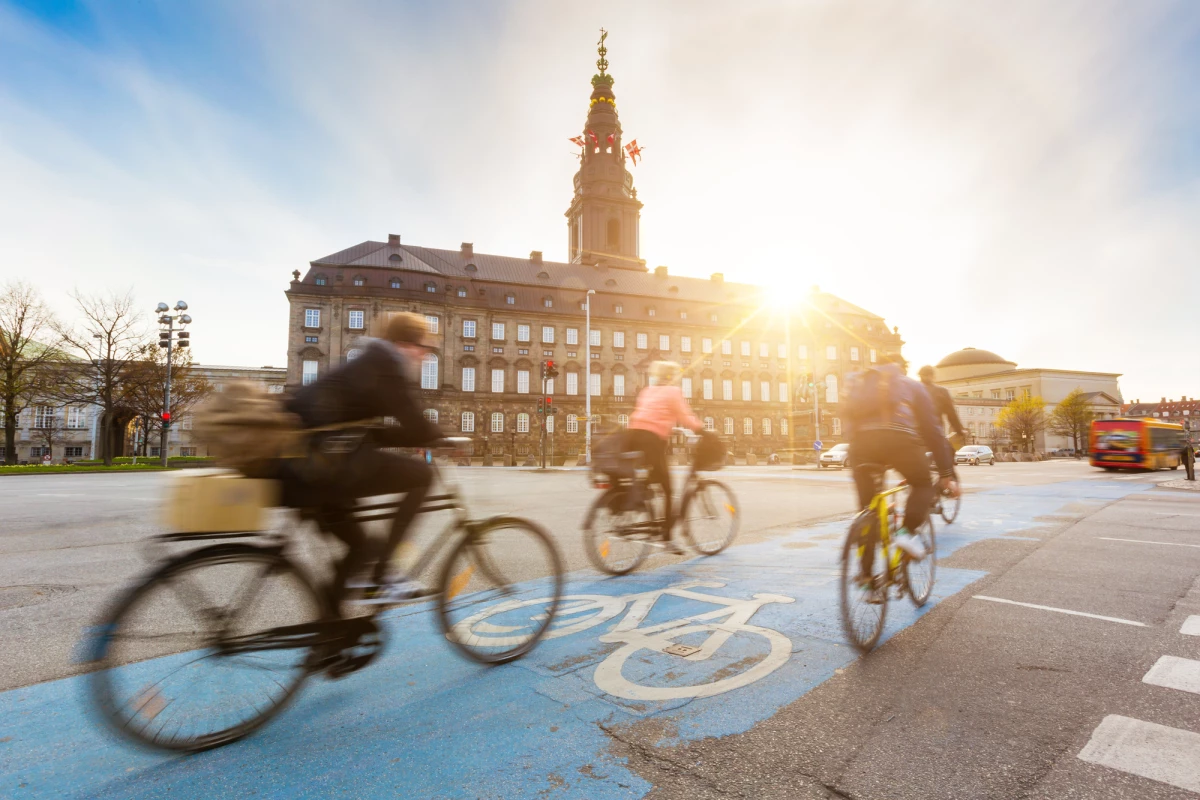Scientists in the UK have tapped 25 years worth of Census data to track the habits and health outcomes of hundreds of thousands of commuters, finding an association between those who avoid daily car travel and a lower risk of early death. Cycling, walking or catching the train to work was linked to reductions in the risk of cancer and cardiovascular disease, with the authors joining a chorus of experts encouraging commuters to embrace greener transport methods as the COVID-19 lockdowns begin to ease.
The research was carried out by scientists from Imperial College London and the University of Cambridge, who looked at Census data concerning 300,000 commuters in England and Wales between 1991 and 2016.
This analysis revealed that the commuters who cycled to work had a 20-percent reduced rate of early death compared to those who drove, and a 24-percent reduced rate of death from cardiovascular disease. The team also found a 16-percent reduction in rates of death from cancer and an 11-percent reduction in cancer diagnosis among this group.
Walking to work was associated with a seven-percent reduction in cancer diagnosis rates. People catching the train, meanwhile, had a 10-percent reduced rate of early death, along with a 20-percent reduced rate of death from cardiovascular disease and a 12-percent reduced rate of cancer diagnosis.
These results, comparing health outcomes in cyclists and walkers to daily drivers, are consistent with a line of recent studies highlighting the benefits of active commuting.
A 2017 paper by researchers at the University of Glasgow looked at the commuting habits of 263,000 people over five years in the UK, and found biking to work was associated with a lower risk of cardiovascular disease, cancer, or dying of any cause during the study period. Another 2015 study at the University of Utrecht concluded that cycling prevents around 6,500 deaths in the Netherlands each year, and adds another six months to the life expectancy of the typical Dutch person.
While the health benefits are clear and well documented through previous literature, the authors of the new study note its value in tracking a larger cohort of people over a much longer timeframe. Importantly, the study did not consider the dietary or smoking habits of the subjects, nor their other exercise habits or health concerns, so it’s not as simple as saying cycling to work is the key to a long and healthy life.
But with such large numbers and a strong observed decline in various negative health outcomes, the study further strengthens the association between active commuting and reduced risk of early death. It also comes at a time when many cities around the world are actively encouraging citizens to take up cycling or walking to work where possible, with mass transit facing an uncertain near-future and a huge shift toward car commuting not a viable solution.
“As large numbers of people begin to return to work as the COVID-19 lockdown eases, it is a good time for everyone to rethink their transport choices,” says Dr Richard Patterson from the University of Cambridge, who led the research. “With severe and prolonged limits in public transport capacity likely, switching to private car use would be disastrous for our health and the environment. Encouraging more people to walk and cycle will help limit the longer-term consequences of the pandemic.”
The research was published in the journal The Lancet Planetary Health.
Source: Imperial College London




